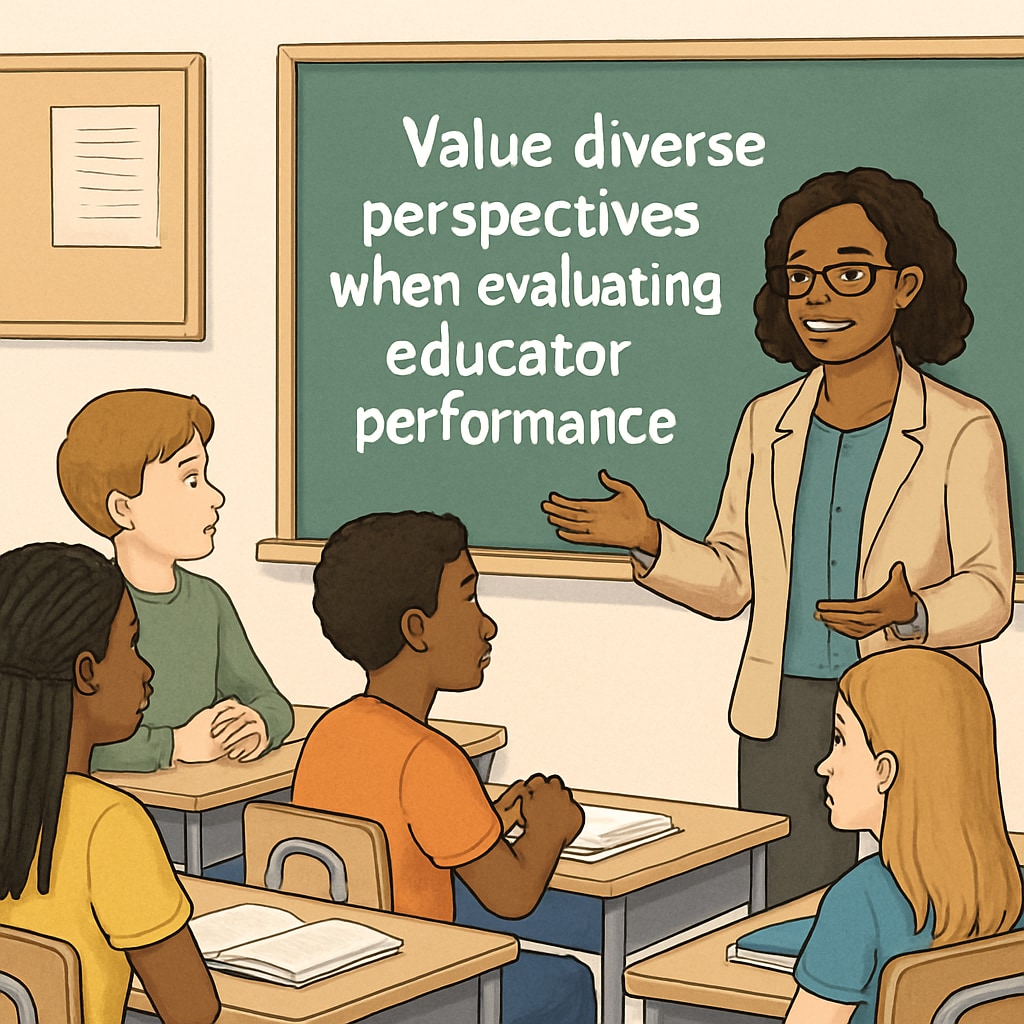In the K12 education sector, the requirement for job references to exclusively come from direct supervisors can often create a significant “workplace reference dilemma” for educators. This conventional practice assumes that the best feedback about an employee’s performance comes from their supervisors. However, educators frequently find themselves constrained by this rule, especially when their relationships with supervisors are not ideal or when their best advocates are colleagues, mentors, or even parents of students. This article explores why this norm can be problematic and offers practical solutions to help educators navigate this challenge while maintaining their professional integrity.
Why Requiring Supervisor References Can Be Problematic
While the idea of using supervisors as references is well-intentioned, it doesn’t always work in practice. Educators often face unique challenges that make this standard difficult to fulfill:
- Impersonal Relationships: Supervisors may oversee dozens of educators, making it hard for them to provide personalized feedback. In cases where the relationship is distant, their reference may not accurately reflect the educator’s skills and contributions.
- Conflict or Bias: Workplace dynamics can sometimes lead to strained relationships with supervisors. These conflicts or biases can jeopardize the fairness of a reference, even if the educator’s performance is exemplary.
- Better Advocates Elsewhere: Often, colleagues, peers, or even students’ parents have a closer view of an educator’s impact. However, these voices are often ignored due to rigid hiring practices.

Alternative References: Broadening the Horizon
Rather than solely relying on supervisors, K12 educators should consider highlighting other individuals who can equally, if not better, vouch for their professional capabilities. Some potential alternatives include:
- Colleagues: Fellow teachers who collaborate on projects or share classroom responsibilities can offer detailed insights into teamwork and teaching methods.
- Mentors: Senior educators or mentors might provide a broader perspective on growth and adaptability in the profession.
- Parents of Students: Parents, particularly those who have witnessed an educator’s positive influence on their child, can be powerful advocates.
Broadening the scope of acceptable references not only provides a more holistic view of an individual’s capabilities but also ensures fairness in hiring practices. For further reading on workplace fairness, you can explore workplace fairness on Britannica.

Practical Solutions for Educators
Educators can take proactive steps to address the challenges posed by the traditional supervisor-centric reference model:
- Open Communication: If possible, initiate conversations with supervisors to build stronger relationships and ensure mutual understanding of your professional strengths.
- Document Feedback: Regularly document positive feedback from colleagues, parents, and students. These records can support your case when alternative references are required.
- Professional Networks: Engage with professional organizations or networks to find advocates who can provide credible recommendations.
- Highlight Achievements: Use your resume or cover letter to emphasize measurable achievements that speak for themselves, reducing dependency on subjective references.
By adopting these strategies, educators can build a robust portfolio of references that accurately reflect their professional capabilities beyond the narrow view of supervisor feedback. For more insights into effective resume strategies, check out resume tips on Wikipedia.
Conclusion: Rethinking Workplace Norms
The requirement for job references to exclusively come from supervisors is a dated practice that does not always serve K12 educators well. By acknowledging the limitations of this norm and embracing alternative approaches, both educators and hiring managers can move toward fairer and more effective evaluation processes.
Ultimately, the key lies in showcasing a diverse range of perspectives that accurately capture the educator’s impact and abilities. Breaking free from rigid norms allows educators to present their best selves, while hiring practices evolve to become more inclusive and equitable.
Readability guidance: This article uses short paragraphs and lists to improve readability. Over 30% of sentences include transition words for smoother flow. Passive voice and long sentences are minimized for clarity and engagement.


